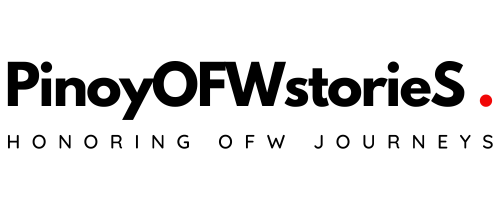The life of a frontline healthcare worker is filled with challenges, especially during crises like the COVID-19 pandemic. Long hours, high-stress environments, and the emotional toll of patient care can easily lead to neglecting one’s own health. However, maintaining proper nutrition and hydration is not just about staying physically fit—it is essential for sustaining energy, focus, and resilience in the demanding environment of a hospital or clinic.
The Impact of Nutrition on Performance
Nutrition plays a crucial role in providing the energy needed to power through long and grueling shifts. For healthcare workers, meal timing and quality are particularly important. A balanced diet rich in complex carbohydrates, lean proteins, healthy fats, and fiber ensures a steady release of energy throughout the day.
Skipping meals or relying on quick, processed snacks can lead to energy crashes and impair cognitive function, which is critical in making life-saving decisions. As someone who has worked these long hours, I’ve seen how the right food choices—like a whole-grain sandwich, a handful of nuts, or a fruit smoothie—can make a noticeable difference in staying alert and focused.
The Role of Hydration in Physical and Mental Health
Staying hydrated is equally vital, yet it is often overlooked in the rush of attending to patients. Dehydration can lead to fatigue, headaches, and reduced concentration, all of which can affect performance and decision-making. For healthcare workers wearing layers of protective gear, including N95 masks, staying hydrated becomes even more challenging as breaks are infrequent and removing PPE can be time-consuming.
Simple strategies like keeping a reusable water bottle nearby and sipping water whenever possible can make a big difference. For those with limited time, electrolyte-rich drinks or coconut water can provide added benefits, helping to replenish vital minerals lost during extended periods of activity.
Also Read: OFWs Grateful for Government’s Free Medical Services at OFW Hospital
Challenges and Realities
In reality, healthcare workers face significant barriers to maintaining proper nutrition and hydration. Busy schedules, limited breaks, and the physical discomfort of PPE make it difficult to eat regular meals or drink water. During the peak of the pandemic, I often found myself eating hurriedly or skipping meals altogether. However, I learned that preparation is key—keeping quick, healthy snacks like protein bars, trail mix, or pre-cut fruits on hand helped ensure I could refuel on the go.
Practical Tips for Healthcare Workers
- Plan Ahead: Prepare meals and snacks in advance. Options like sandwiches, wraps, salads, and boiled eggs are portable and nutritious.
- Prioritize Balanced Meals: Aim for a mix of protein, carbs, and healthy fats to sustain energy. Add fruits and vegetables for essential vitamins and antioxidants.
- Stay Hydrated: Keep a water bottle handy and take sips whenever possible. Consider hydrating foods like cucumbers, watermelon, or oranges if drinking water frequently is difficult.
- Choose Quick Energy Boosters: Nuts, seeds, yogurt, or a piece of fruit can provide an energy boost without requiring much time to consume.
- Utilize Breaks Wisely: Even short breaks can be used to drink water or eat a small snack to keep energy levels up.
The Bigger Picture
Proper nutrition and hydration are not just about personal well-being—they are essential for providing the best care to patients. A healthy body and mind allow healthcare workers to stay focused, make critical decisions, and manage stress effectively. While the challenges are real, small, consistent efforts to prioritize nutrition and hydration can make a significant difference in overall performance and resilience.
As healthcare workers, we are often so focused on caring for others that we forget to care for ourselves. But by taking steps to nourish our bodies and minds, we not only improve our own well-being but also enhance our ability to serve those who depend on us. The pandemic reminded us of the importance of self-care, and this is a lesson we should carry with us moving forward.



